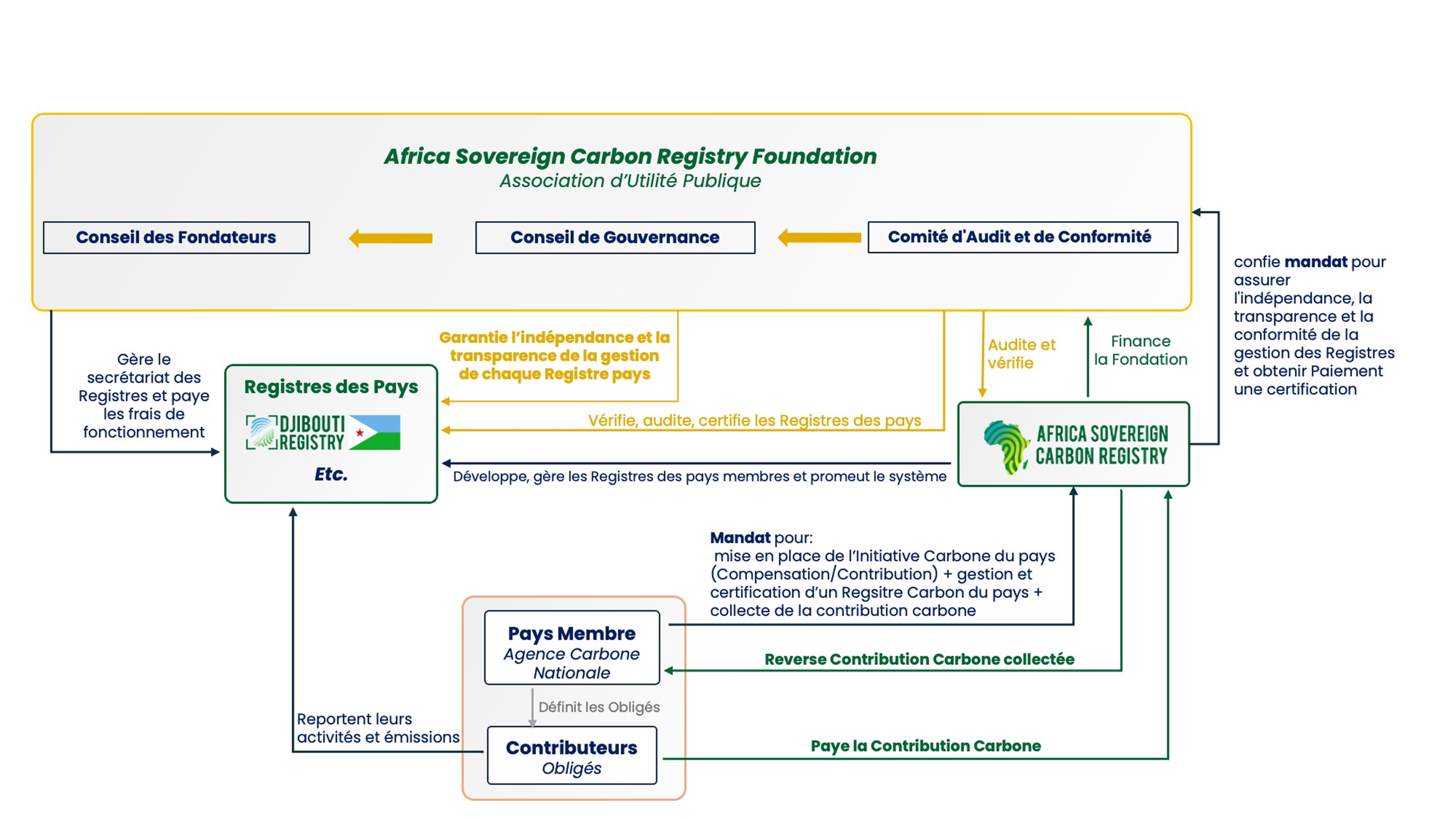Africa Sovereign Carbon Registry Foundation (ASCRF):
transparency
conformity
independence
integrity
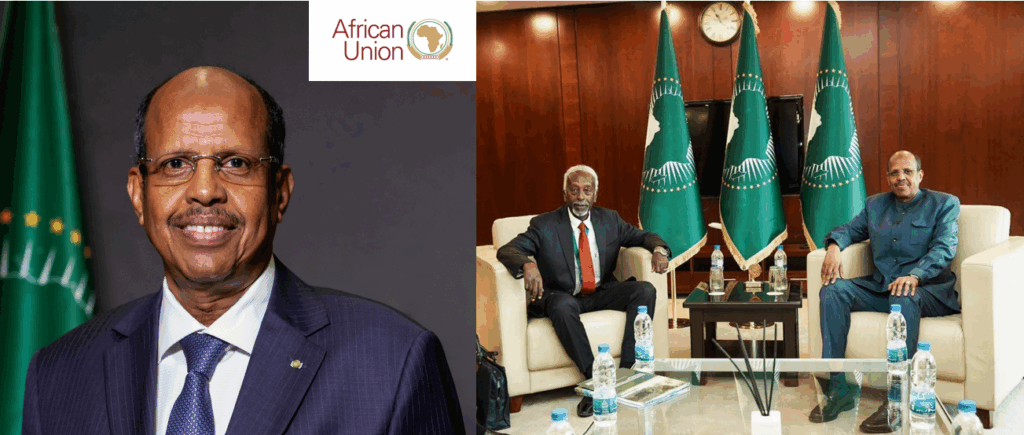
“The African Union Commission reaffirms its commitment to support the Foundation and accompany its initiatives in order to promote concrete solutions for climate action across Africa.“
H.E.M. Mahmoud Ali Youssouf,
Chairman of the African Union Commission
About the Foundation
The Africa Sovereign Carbon Registry Foundation (ASCRF) was established to ensure the strict governance of Sovereign Carbon Registries on the African continent.
It ensures their compliance with the highest standards of independence and transparency, as well as their compliance with financial audit and carbon accounting reference rules.
It guarantees the integrity of the Registries and the leadership of the Sovereign Carbon Initiatives of the Member States.

core values
Transparency
Compliance with international standards ensuring transparency and independent verification by audit firms recognized for their expertise.
Conformity
Application of international and sectoral reference standards.
Independence
Strict independence of any public or private interference.
Integrity
Accountability and rigorous monitoring.
Governance
The Foundation is composed of 3 organs :
Founding Council:
Oversees the mission and long-term strategy.
Governance Council:
Ensures compliance of the Registries, receives and approves audit and certification reports from the Audit and Compliance Committee.
Audit and Compliance Committee:
Performs audits and ensures independent verification. It submits semi-annual verification and certification reports to the Governance Council.

Founding Council
Conseil Fondateur
Abdi Ibrahim Absieh - President of the ASCR Foundation
Former President of the Constitutional Council of the Republic of Djibouti, Abdi Ibrahim ABSIEH worked for 8 years to supervise and regulate the country’s constitutional issues, after having been Ambassador of Djibouti in Moscow, while also being non-resident ambassador for Finland, Azerbaijan, Ukraine and Kazakhstan, a position he held for 3 years.
Appointed Minister of Education and Higher Education, a position he held for 12 years, Abdi Ibrahim Absieh played an essential role in the development and modernization of the educational system of Djibouti.
Former State Engineer of Public Works, Abdi Ibrahim Absieh has been General Director of Public Works for 18 years, where he supervised numerous infrastructure projects.
Ahmed Araita Ali - Secretary General of the ASCR Foundation
H.E. Ahmed Araita Ali is a diplomat, former Ambassador Extraordinary and Plenipotentiary to Japan, South Korea, Indonesia and Australia.
Founder of the Council for the Promotion of Francophonie and Vice-Dean of the African Diplomatic Corps in Japan, he has been active in several international committees, including TICAD, and represented Djibouti at major conferences in Asia.
Technical Advisor to the National Rehabilitation Commission and Director of the project “Social Development Fund” for the AfDB, he is an expert in negotiation, conflict management and local development, with more than 250 public interventions in Asia.
Mohamed Abdillahi Wais - Treasurer / Secretary General of the Presidency of the Republic of Djibouti
Expert in Geography and Demography, Mohamed Abdillahi WAIS is a specialist in development models adapted to the realities of Sahelo-Saharan countries, at the crossroads of climate, economic and social challenges.
Author of several books, and former professor, he shares his knowledge on the interactions between geography, demography and development, and the complex issues related to spatial planning and sustainable development.
Passionate about the Human-Nature interconnection, he contributes to the sustainable development strategy of Djibouti and the implementation of collaborative initiatives involving local communities in inclusive and economically impactful projects.
Governance Council
Oversees the mission and long-term strategy.
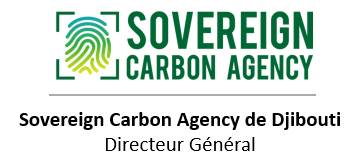
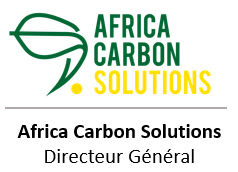
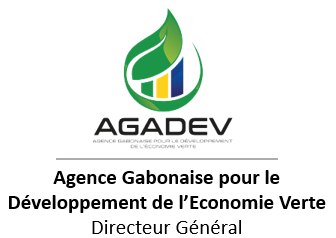
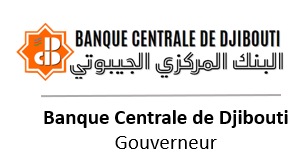
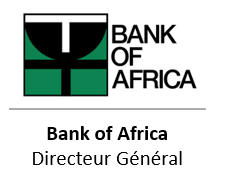
Strategic Non-Executive Board Member & Advisor
Corinne Lepage - Strategic Advisor
Former French Minister of the Environment and Member of the European Parliament (2009‑2014), and lawyer, Corinne Lepage has dedicated her career to protecting the environment and strengthening environmental responsibility.
She played a key role in promoting the Polluter-Pays Principle since the Kyoto Protocol and shaping the EU ETS.
Well‑known for defending the victims of the Amoco Cadiz (1978) and Erika (1999) oil spills, she also championed major environmental laws in France and contributed to the creation of the Committee for Prevention and Precaution.
Mrs Lepage brings her experience and commitment to the Foundation to supporting the development of rigorous and harmonized Sovereign Carbon Initiatives, at the heart of Africa’s climate resilience.
Dr. Ibrahim A. Mayaki - Strategic Non-Executive Board Member
Former Prime Minister of Niger (1997–2000), Dr Ibrahim A. Mayaki is the African Union Special Envoy for Food Systems since 2023. He was previously the CEO of the African Union Development Agency, AUDA-NEPAD (2009–2022) and led the Rural Hub in Dakar (2004–2009). Earlier, he served as Minister of African Integration and Minister of Foreign Affairs.
A long-time advocate of social dialogue and public policy, he created Niger’s first National Social Dialogue Commission in 2000. Dr. Mayaki has also had an extensive academic career, teaching public administration and international relations in Niger, Venezuela, France, and currently at LUISS University in Rome.
Audit and Compliance Council
AmSpec
As the guarantor of the compliance of Sovereign Carbon Initiatives with internationally recognized carbon accounting rules and emission factors, as well as industry standards (IMO, ICAO), the algorithm of the Sovereign Carbon Registries and the activities recorded therein are audited by the independent audit and certification company AmSpec, a global leader in environmental impact audit and certification services.
A new audit is conducted every six months to ensure that the reported operations and the calculation of Carbon Contributions remain in full compliance with these established standards.
Carbon Offset Certification
Carbon Offset Certification is an independent Swiss-based certification label that ensures the compliance of environmental claims and carbon offsetting practices with international norms and best practices.
It is based on a three-step audited process: calculation of GHG emissions according to recognized carbon accounting standards, verification by an independent audit firm, and offsetting through retirement of certified carbon credits. This certification guarantees that environmental communications meet the most stringent regulatory requirements.
Forvis Mazars
Forvis Mazars is an international leader in financial audit, taxation and consulting, recognized for its commitment to quality audit services based on complete independence and integrity, a guarantee of trust, transparency and credibility to stakeholders and society.
Forvis Mazars conduct semestrial financial audit of the Registries.
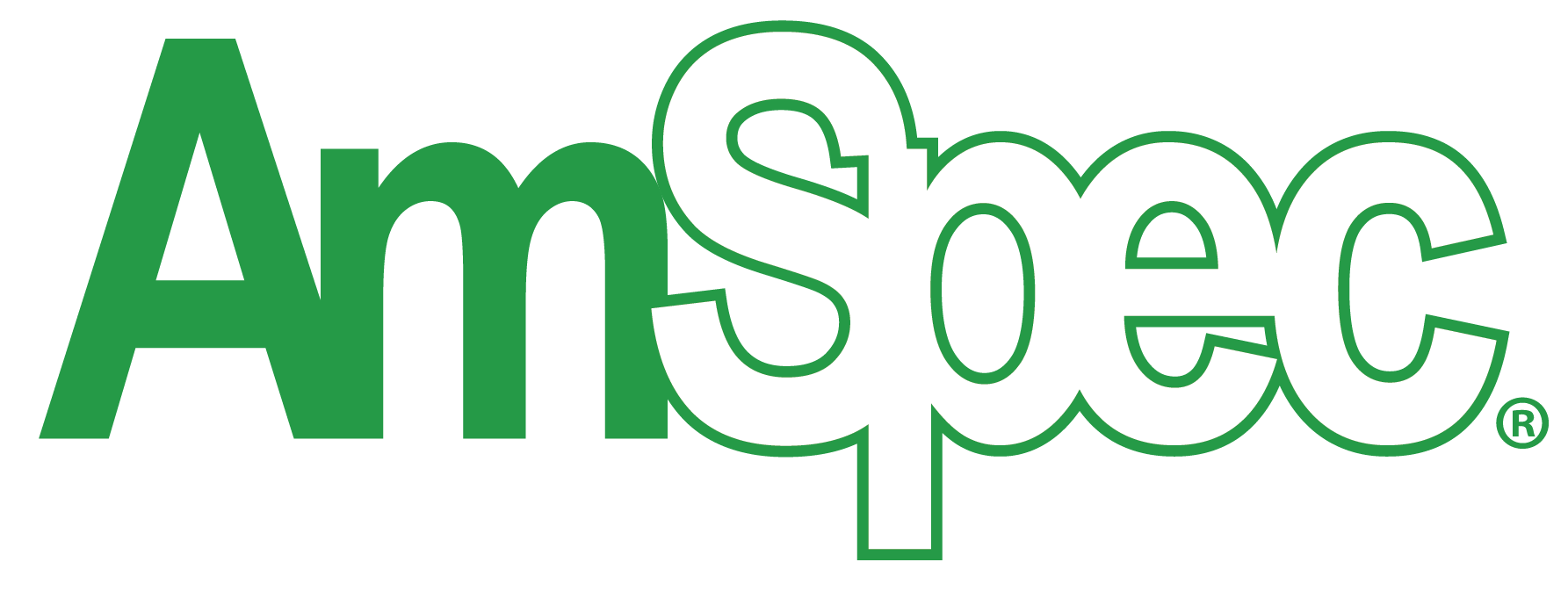

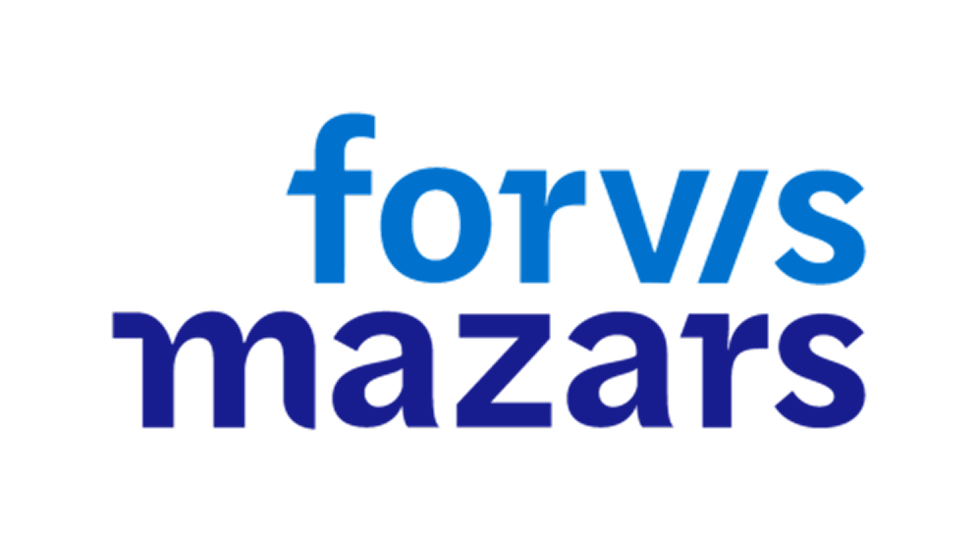
A Governance Model for Sovereign Carbon Initiatives in Africa
Operating independently of any governmental entity, including national Carbon Agencies, the Africa Sovereign Carbon Registry enables governments to establish their own Sovereign Carbon Initiatives and Sovereign Carbon Registries.
Semi-annual Reporting and Decision-Making
- The Founding Council convenes the Governance Council twice a year.
- Role of the Governance Council: Reviews reports and delivers an assessment, classified as Favorable, Conditional, or Unfavourable in order to guide future actions.
- The Audit and Compliance Council publishes audit and certification reports every semester.
